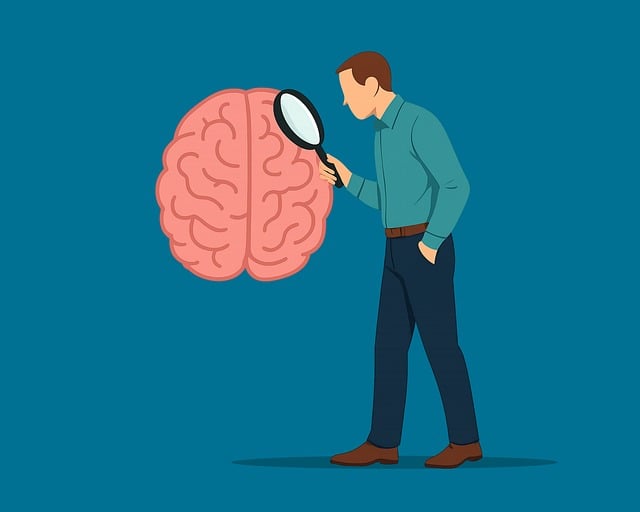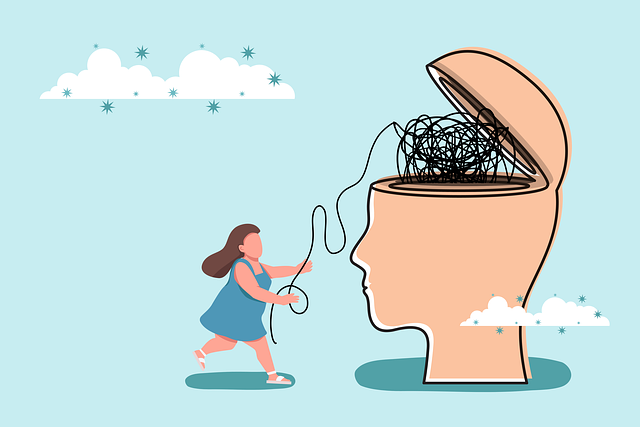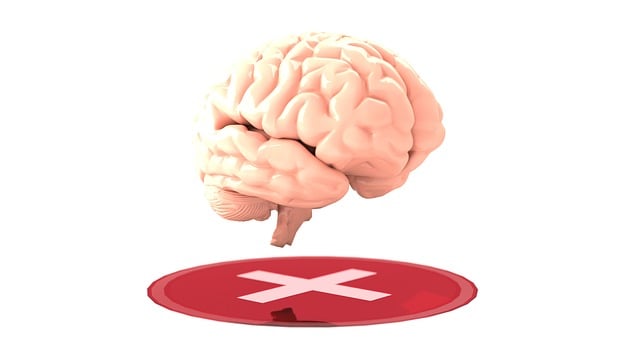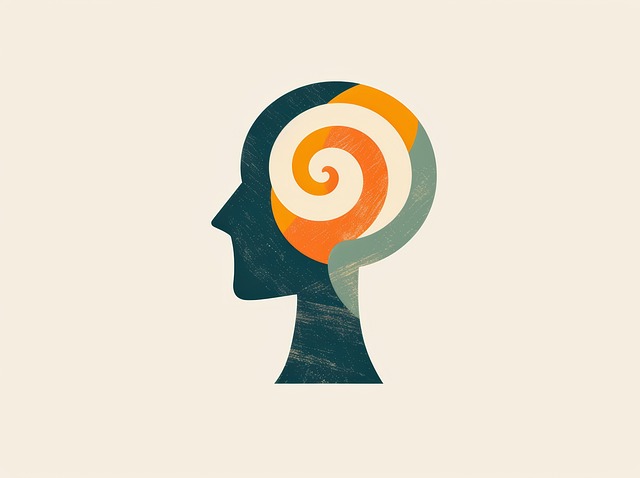Mental Health Crisis Hotlines offer 24/7 support, providing immediate assistance for emotional distress through confidential conversations with trained professionals. They address issues like depression and anxiety, connecting callers to resources such as Golden Self-Esteem Therapy (GSET), which focuses on building self-esteem. GSET integrates evidence-based techniques for stress management and mental wellness journaling, empowering individuals with tools to maintain optimal mental health long-term, reducing future crisis risks. Accessing these hotlines is a vital step towards healing, offering immediate assistance and guiding callers to tailored resources like GSET, which promotes self-care and cultural sensitivity in mental healthcare.
Mental health crisis hotline support services play a vital role in promoting recovery and resilience, offering immediate assistance during moments of distress. This article explores the comprehensive landscape of such services, with a special focus on the innovative approach of Golden Self-Esteem Therapy. We’ll delve into understanding crisis hotlines, their access and utilization, and how they foster healing. By examining these aspects, we aim to highlight the significance of these resources in navigating mental health challenges, especially through evidence-based practices like Golden Self-Esteem Therapy.
- Understanding Mental Health Crisis Hotlines
- The Role of Golden Self-Esteem Therapy
- Accessing and Utilizing These Services
- Promoting Recovery and Resilience
Understanding Mental Health Crisis Hotlines

Mental Health Crisis Hotlines serve as vital resources for individuals experiencing acute emotional distress or a mental health crisis. These 24/7 services provide immediate support, offering confidential conversations with trained professionals who can offer guidance, listen empathetically, and connect callers to appropriate local resources. Understanding these hotlines is crucial in fostering a culture of mental wellness. They act as a safety net for those battling depression, anxiety, suicidal ideation, or other psychiatric emergencies.
Designed to enhance access to care, crisis hotline services often utilize a multi-faceted approach that includes emotional support, problem-solving strategies, and referrals for ongoing treatment like Golden Self-Esteem Therapy. Risk Management Planning for Mental Health Professionals is essential in ensuring these hotlines operate effectively while prioritizing staff well-being. Stress Management techniques are integrated into the service delivery model to mitigate burnout among hotline counselors. Furthermore, Mental Health Education Programs Design plays a key role in training and updating volunteers and professionals on best practices to handle diverse crises.
The Role of Golden Self-Esteem Therapy

Golden Self-Esteem Therapy plays a pivotal role in addressing mental health crises by focusing on building and strengthening an individual’s self-esteem, a fundamental aspect often overlooked in traditional therapy models. This approach recognizes that low self-worth and lack of confidence are prevalent issues contributing to various mental health challenges. By integrating evidence-based techniques tailored to enhance self-perception, Golden Self-Esteem Therapy empowers individuals to develop a healthier mindset, fostering resilience against adverse conditions.
In the context of a mental health crisis, this therapy can be a game-changer, offering practical tools for managing stress and preventing burnout. It encourages mental wellness journaling exercises, which help individuals process their emotions, identify triggers, and set personal goals—a strategic approach supported by Mental Health Policy Analysis and Advocacy. Through these means, Golden Self-Esteem Therapy not only provides immediate crisis support but also equips individuals with long-term strategies to maintain optimal mental health, thereby reducing the likelihood of future crises.
Accessing and Utilizing These Services

Accessing mental health crisis hotline support services is a vital step towards healing and recovery. These 24/7 resources are designed to provide immediate assistance during times of distress, offering a safe space for individuals to express their feelings and concerns. Whether one is struggling with anxiety, depression, or experiencing a traumatic event, trained professionals answer the line ready to offer guidance and support. The process is simple; just dial the hotline number, and you’ll be connected with a compassionate listener who can provide valuable resources, refer you to local services, or offer brief therapy sessions known as Golden Self-Esteem Therapy.
Utilizing these services is an act of self-care, crucial for managing and preventing burnout, especially among healthcare providers who frequently encounter high-stress situations. The trauma support services offered can help individuals process their experiences, fostering resilience and coping mechanisms. Additionally, healthcare professionals can benefit from burnout prevention strategies, which often involve incorporating self-care routines into daily life—a practice that complements the development of a consistent mental health self-care routine for better overall well-being.
Promoting Recovery and Resilience

Mental health crisis hotline support services play a pivotal role in promoting recovery and resilience among individuals facing acute distress. By offering immediate Crisis Intervention Guidance, these hotlines provide a safe space for people to express their feelings and receive expert advice tailored to their unique situations. The trained professionals not only offer emotional support but also guide users towards practical strategies that enhance coping mechanisms, fostering a sense of self-efficacy.
Integrating cultural sensitivity in mental healthcare practice is another key aspect. Healthcare Provider Cultural Competency Training equips counselors with the skills to understand and respect diverse cultural backgrounds, ensuring that every individual receives care that aligns with their personal values and beliefs. This approach not only improves access to Golden Self-Esteem Therapy but also encourages long-term recovery by addressing the holistic needs of each client.
Mental health crisis hotline support services play a vital role in promoting recovery and resilience, offering immediate assistance and guidance during times of distress. As highlighted, Golden Self-Esteem Therapy has proven effective in addressing the root causes of mental health crises, fostering self-acceptance, and empowering individuals to navigate challenging situations. By encouraging open conversations and providing non-judgmental support, these services create a safe space for those in need. With increased accessibility and awareness, we can ensure that folks struggling with their mental health have the resources necessary to find their way towards a brighter future.












